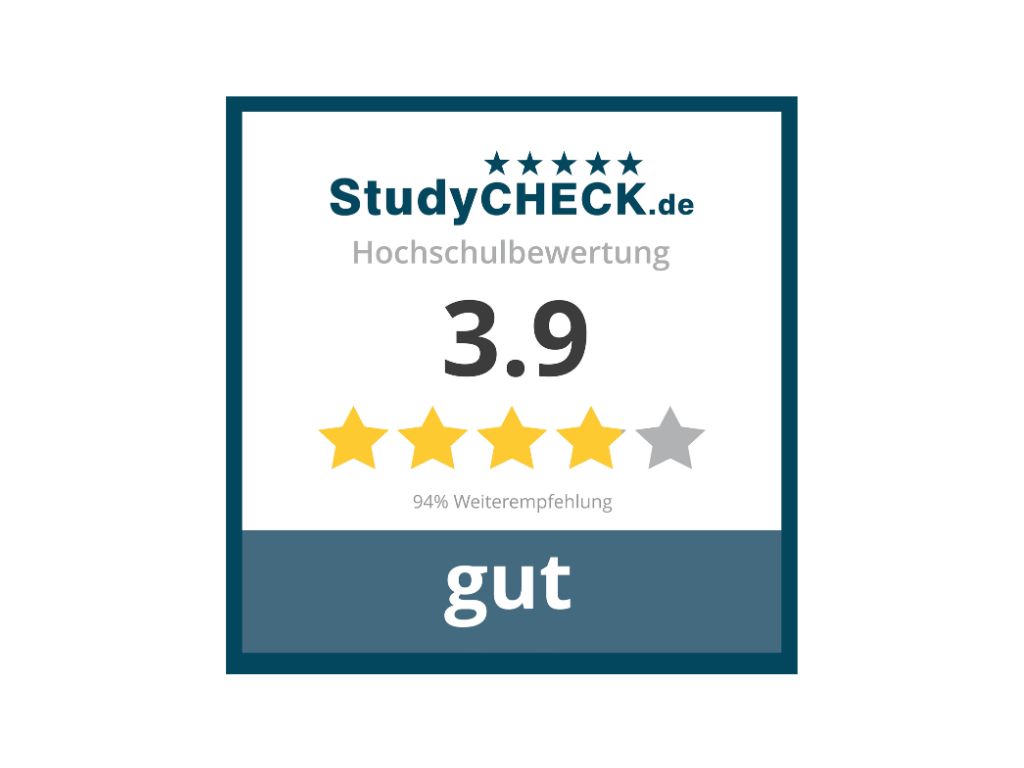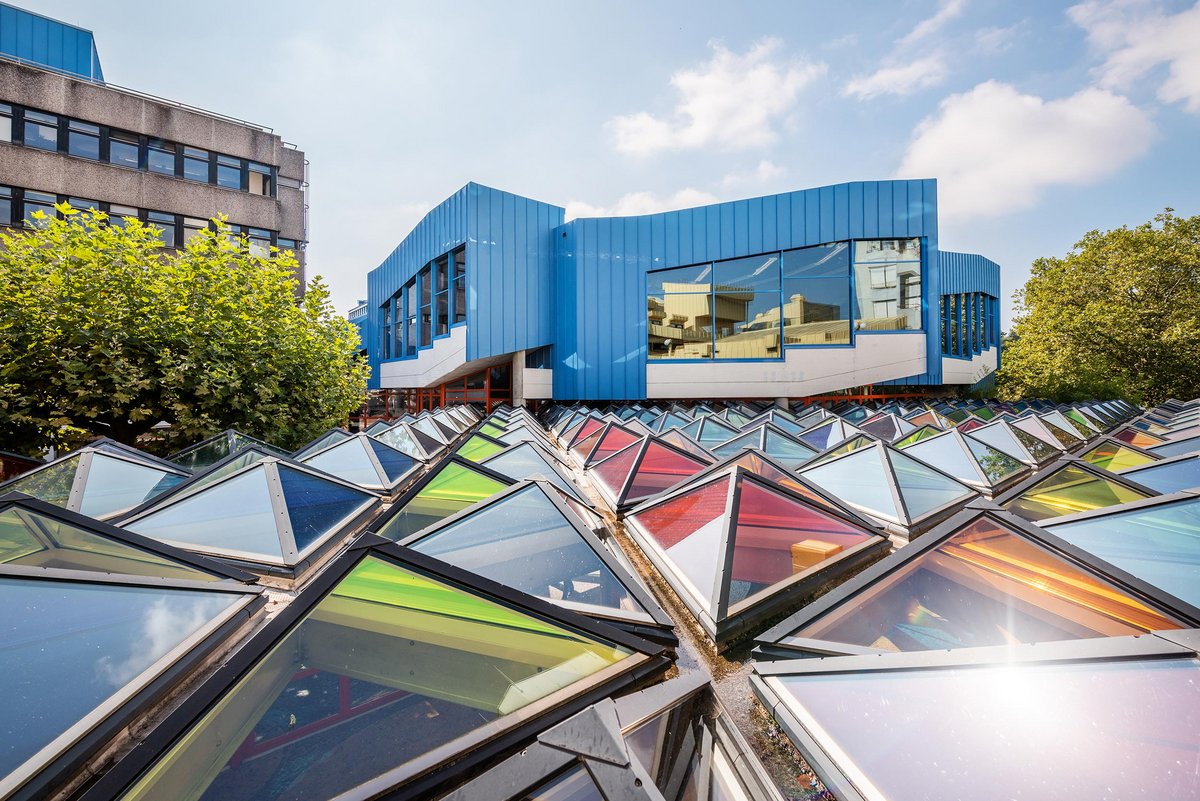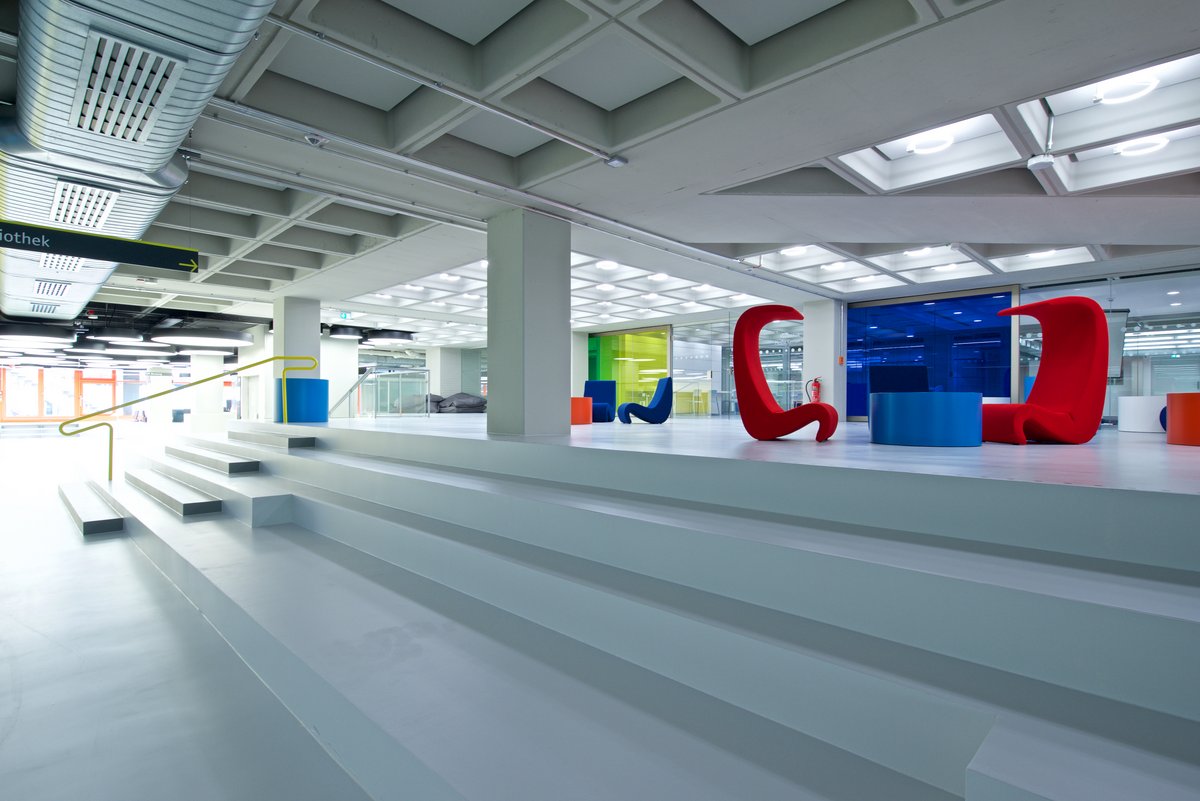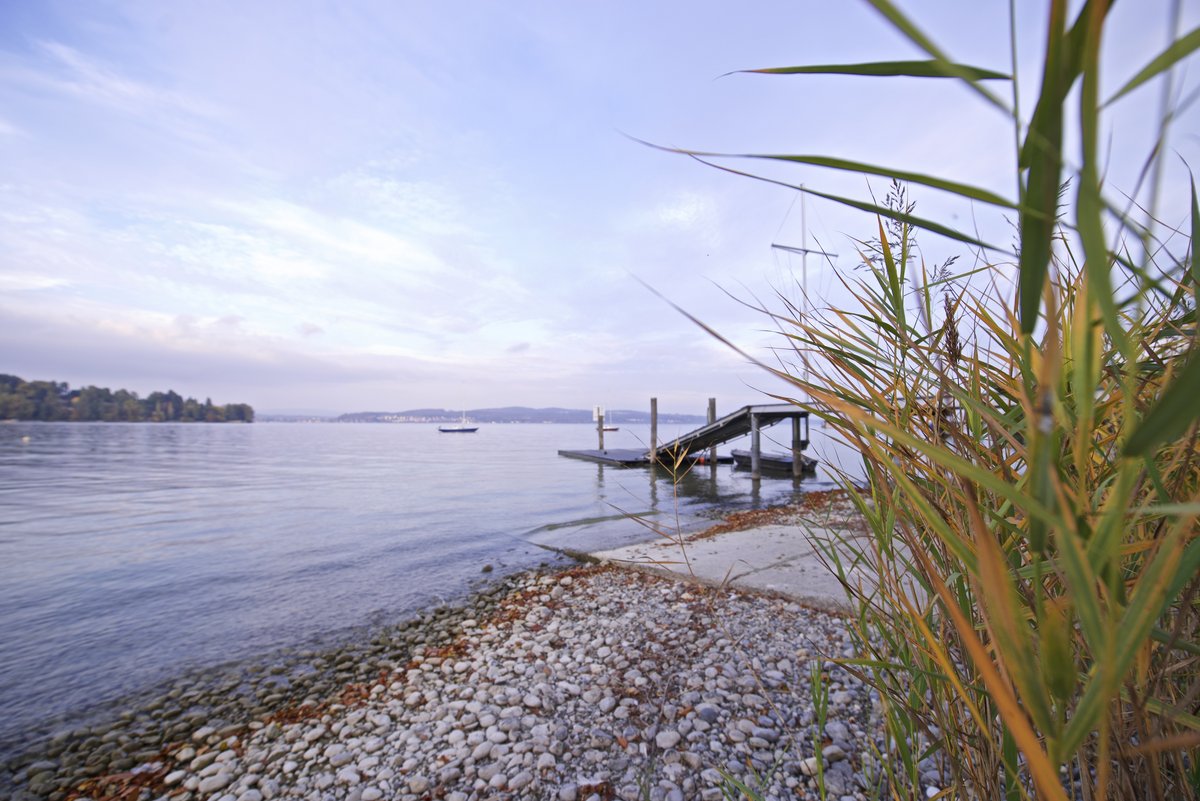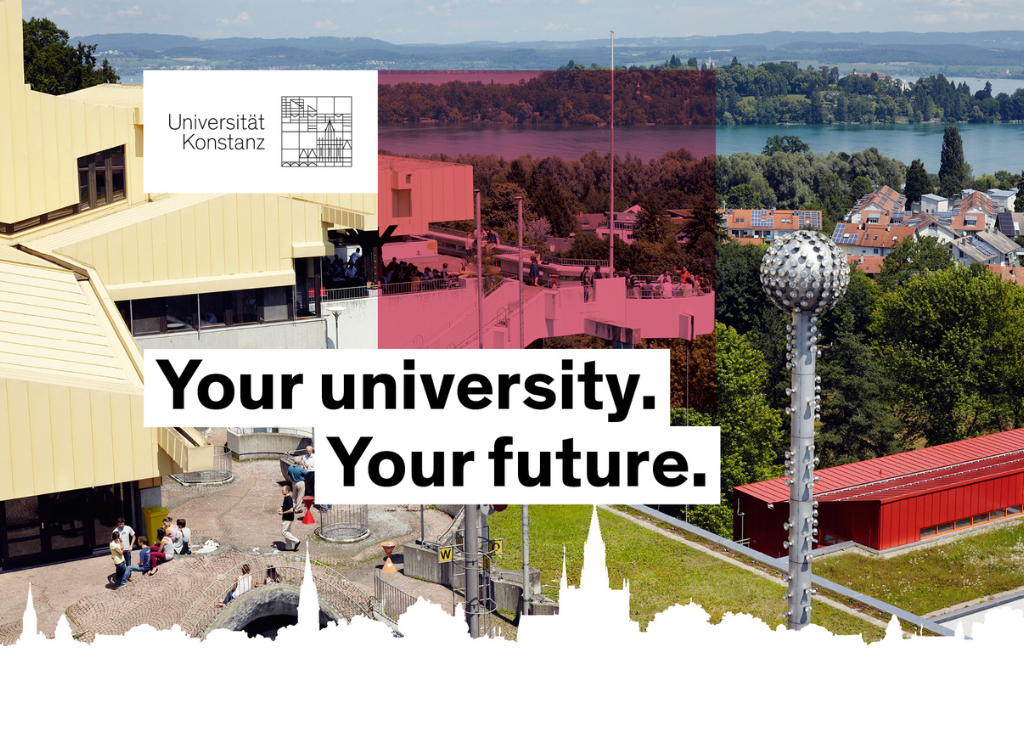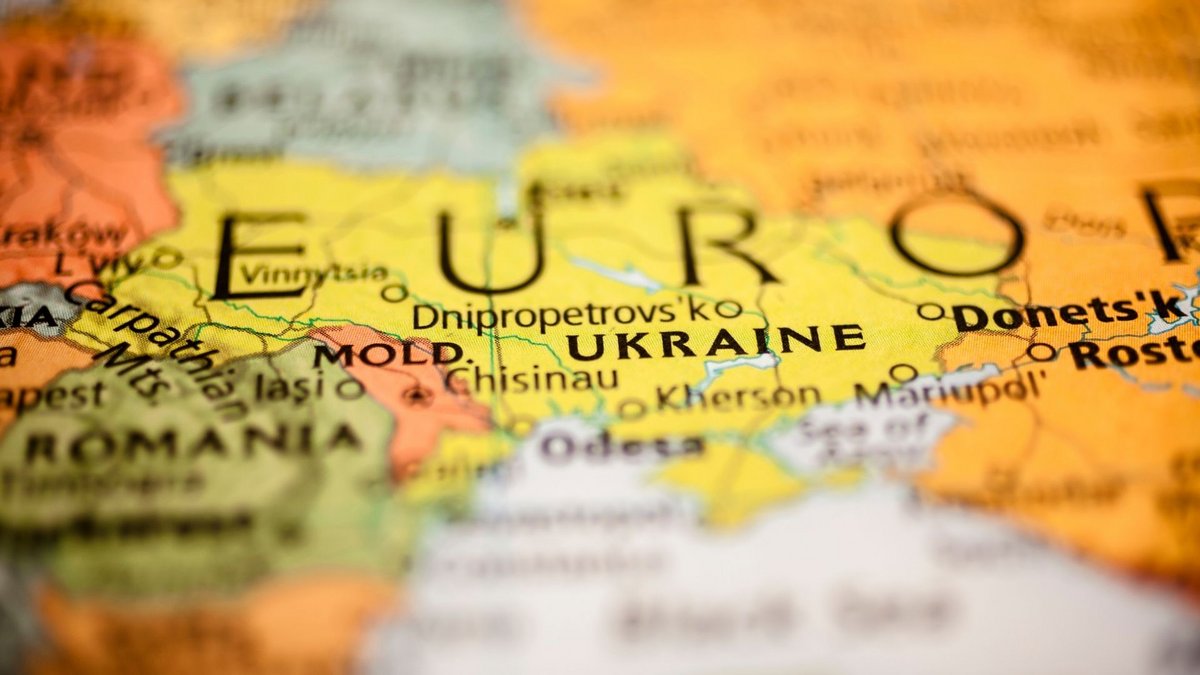
Global European Studies – Master of Arts
The cultural dynamics of Europe are impacted by (post) colonial connections, current migration and intercultural communication in the course of (de)globalization. To prepare you for research in this field, you will receive training in interdisciplinary (cultural) theory and methods with a practical focus on current developments.
This study programme is supervised by the Department of Literature, Art and Media Studies, but its concept is interdisciplinary and it explicitly draws content from other fields, too.
The programme launches in the winter semester of 2020 on the basis of ten years of experience with its successful predecessor “Studies in European Culture”.
Why study Global European Studies in Konstanz?
This study programme is one of a kind in the German-speaking academic community in terms of explicitly connecting European and non-European perspectives in the field of cultural inquiry. In addition to covering theory, the programme in Konstanz places a special focus on interdisciplinary and international components.
Lively interaction in the seminars is prioritized over lecture formats. The programme’s internal colloquium provides the opportunity for master’s students to exchange information as well as to discuss their individual study plans and project ideas with each other. Our students receive optimal academic support.
High-quality and research-oriented teaching as well as colloquia and an interdisciplinary mentoring programme set our master’s programme apart.
Study content
Prospects
Career prospects
Our “Global European Studies” programme qualifies you for many different professions in an international context, for example in organizations and NGOs, in the area of cultural exchange, in foundations, publishing houses and the media as well as in public relations. You can also continue with doctoral research: The Dr. K. H. Eberle research centre “European Cultures in a Multipolar World” provides funding opportunities for research projects in the context of mas-ter’s theses and transitioning to doctoral research.
An annual conference gives current students and graduates the chance to link-up and exchange with each other as well as to learn about possible career trajectories and get orientation for starting a career.
For more information, check out the interview series #dreamjob – starting your career, where our university alumni share their personal experiences with starting a career.
Study structure
Start of study
Winter semester
Study structure
The following illustration is an example of how you might structure the programme.
These documents will support you in planning your studies:
Opportunities for additional training
At the University of Konstanz, you have a broad range of opportunities and training options that complement your study programme, for example orientation programmes to support new students, learning guidance, language courses, a data and information literacy programme as well as options promoting career-oriented skills and social commitment.
Skills for successful studies- GoMINt – orientation programme in STEM subjects
- Writing Centre – writing tutoring, joint writing sessions and workshops
- Language courses at the Language Institute
- Learning guidance, study tips, time management – workshops offered by the Central Student Advisory Service (ZSB)
- Advanced Data and Information Literacy Track (ADILT) – programme can be completed with a certificate
- Transfer – practical projects (research, business, politics and society)
- qualification N – Sustainability Certificate at the University of Konstanz
- Profil+ – programme for career skills (German skills required)
- Career Passport – programme for career skills (for international students)
- Advice on career entry, opportunities and workshops from Career Service
Internships and stays abroad
Internship
While an internship is not mandatory, it is recommended and can be recognized as supplementary coursework. The department and the university’s Career Service can help you find a suitable internship.
Stay abroad
The international orientation of the study programme is advanced by the required study abroad semester during your third semester at one of eight partner universities outside of Europe. Your study experience in Argentina, Chile, China, India, Canada, South Africa or the United States will provide you a change of perspective: How is Europe viewed from abroad?
Impressions from students and lecturers
Hear from students and lecturers
In our interview series, students talk about their subject, teachers explain the department's research and tell you what topics they cover in seminars and lectures.
- Three Questions to Komplan Yakpe, M.A. Global Europa Studies
- Three Questions to Wanting Zhang, M.A. Global Europa Studies
- Three Questions to Franziska, M.A. Cultural Foundations of Europe
- Three Questions to Tabea, M.A. Cultural Foundations of Europe
- Three Questions to Tomke, M.A. Cultural Foundations of Europe
Get an impression
Discover online lectures and websites with more information about your prospective subject.
Study requirements
Admission requirements for studying
- Documentation of a degree with a grade of 2.5 or higher earned after at least three years of study at a university or either a state or state-recognized "Berufsakademie" (Bachelor of Arts or Bachelor of Science degree) in a study programme within the humanities or social sciences, for example, cultural studies, literature, art and media studies, philosophy, history, sociology, an-thropology, ethnology, political science, European and regional studies or an associated field of study. If the examination certificate is not yet available, you must submit an official transcript stating your final grade.
- A letter of motivation no longer than two pages exhibiting your strong interest in European cultural inquiries.
Fees
Semester fee
All students enrolled at the University of Konstanz are charged a semester fee each semester, similar to all other German universities. Here you can find the current semester fee and its individual components.
Tuition fees for first degree studies for certain international students
Since winter semester 2017/18, the state of Baden-Württemberg has required some international students to pay tuition fees for their first degree studies. The following students are not required to pay tuition fees: citizens of a country within the European Union (EU) or the European Economic Area (EEA), doctoral students and certain “Bildungsinländer” (e.g. non-EU citizens with a German “Abitur”). More detailed information can be found here.
Each year, the University of Konstanz grants exemptions to a limited number of particularly gifted international degree-seeking students in accordance with the university’s “Begabtenbefreiungssatzung” (statutes governing the exemption of gifted students). More detailed information can be found here.
Tuition fees for second degree studies for all students
All students are required to pay tuition fees for their second degree studies. More detailed information can be found here.
Required language skills
Additional proof of foreign language skills is not required when applying to the master’s programme “Global European Studies“.
German language skills
International applicants will need to submit documentation of their German language skills at the level DSH-2 or TestDaF 4 or higher. Alternatively, you may submit other recognized language tests or recognized school certificates. The University of Konstanz does not offer preparatory German language courses or approved German language exams. For this reason, you must submit accredited proof of your German language skills along with your application.
Teaching and examination language
The language of instruction for the master’s programme “Global European Studies” is generally German – some courses are also taught in English or another European language.
Interests and skills
- Interest in extensive reading and the discussion of both literary and historic primary source texts as well as secondary scientific sources
- Specialized prior knowledge (methodology, theory) in the disciplines that are associated with the study programme
- Openness to interdisciplinary, methodological and conceptual approaches
- Knowledge of history and interest in cultural studies related to the construct of Europe and its global interdependencies
- Interest in cultural exchange and acquiring intercultural competencies
- Very good verbal and written skills in English and German
Application
Application and application documents
Application documents
Please enclose the following documents with your application:
- Application for admission
- Documentation of your academic degree including a detailed description of your coursework and performance assessments. If you have not received your examination certificate by the application deadline, please attach doc-umentation of all completed performance assessments that will be used to calculate your final grade.
- A letter of motivation no longer than two pages exhibiting your strong interest in European cultural inquiries.
- If applicable, current certificate of enrolment or proof of exmatriculation – if you have studied at a German university, please indicate your “Fachsemester” and “Hochschulsemester”.
Important note: Please note the information provided under the tab “Admission requirements”.
International applicants:
- Documentation of German language skills, at the level DSH-2 or TestDaF 4 or higher, or another language test recognized as equivalent
- Applicants from China, India and Vietnam: APS certificate (original) issued by the German Embassy of your home country
An application is possible during the following period: 07.05. - 15.07.
There may be other deadlines if you are applying for admission to a higher semester (for instance, if you are changing subjects or universities). For more information please consult the
university website
.
Contact
Contact person
The Central Student Advisory Service (ZSB) can help you with general questions about finding the right study programme as well as when you are concerned or unsure about your studies. We will be happy to advise you and support you with a wide range of services.
Central Student Advisory Service (ZSB)
Room: D 409 – 412a
Make an appointment: termin.zsb@uni-konstanz.de
Questions related to the content or organization of the study programme:
Departmental student advisory service
Email: europastudieren@uni-konstanz.de
Studying at the University of Excellence Konstanz
With your university entrance qualification in your pocket, the sky is the limit. Get a top education at the University of Konstanz, benefit from outstanding teaching and interdisciplinary exchange on our international campus. Situated on a hilltop overlooking Konstanz with a great view of Lake Constance and the Alps, our nationally and internationally renowned research university has been recognized as a University of Excellence since 2007.
Top ratings in the CHE University Ranking regularly confirm the quality of our study programmes. Take your pick from more than 100 programmes! Our courses are close to research and will perfectly equip you for the future, especially in combination with practice-oriented, socially relevant transfer projects, opportunities for going abroad and qualification programmes that you can complete alongside your studies.
Download study information
Our StudyCheck profile
